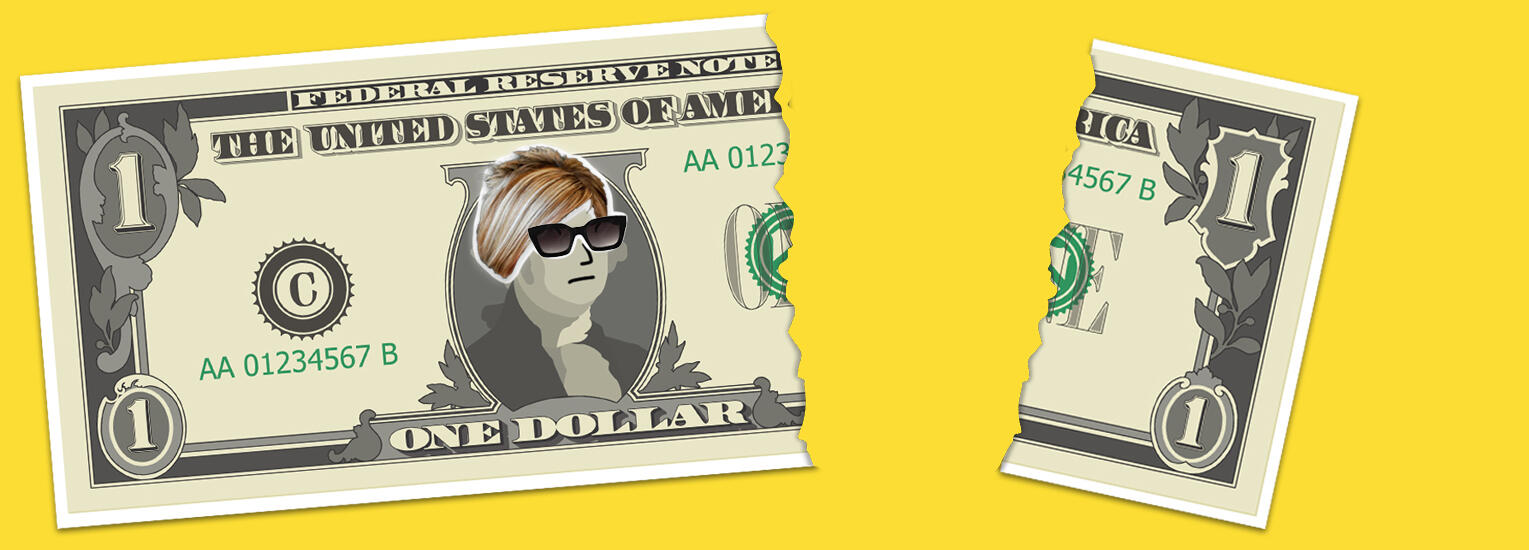
Who
On
Earth?

Who On Earth?
The TLDR;
Who We Are And Why We're Here
The TLDR;
Who We Are And Why We're Here
The Humans Behind Climate Karen

Title

Two Dad's With a Plan
Meet Our Co-Founders

Title

Why We're Doing This
Why We're Doing This
Our Actually-Pretty-Simple Approach
Enter the ubiquitous 3-Step Plan
Our Actually-Pretty-Simple Approach
Enter the ubiquitous 3-Step Plan
Why "Climate Karen"?
Our Advisors
Smart People Who Tell Us Smart Things
Our Advisors
Smart People Who Tell Us Smart Things
It's Time We Exposed Ourselves
How We Use YOUR Dollar

It's Time We Exposed Ourselves
How We Use YOUR Dollar


